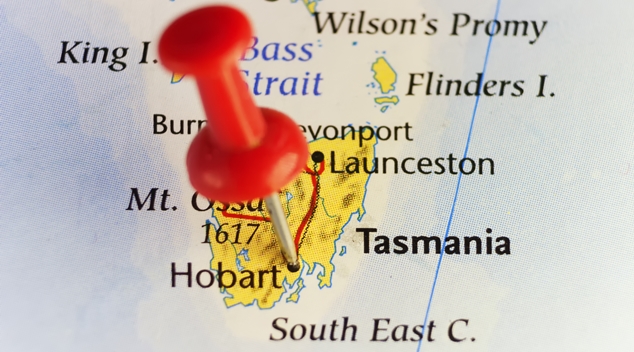Equality Tasmania has welcomed their state government’s support for a financial redress scheme for those people convicted under the state’s former laws against homosexuality and cross-dressing.
In September the state’s Lower House voted for a Greens’ redress scheme against the Government’s wishes. But ahead of debate in the Upper House the Government joined Labor, the Greens and Independents in supporting financial redress by putting forward its own redress proposal.
Parliament’s Gender and Equality committee will now decide an appropriate amount before the legislation finally passes.

Equality Tasmania spokesperson, Rodney Croome, welcomed the Government’s change-of-heart.
“Those who were convicted under our former laws against homosexuality and cross-dressing often lost their jobs and their families, and some took their own lives, because of the stigma and prejudice they experienced.”
“The Tasmanian Government has a duty to provide some form of financial redress for the pain and trauma that was inflicted.”
“We welcome the fact that financial redress now has support across the political spectrum and that there will be an independent process for determining the appropriate amount.”
Financial redress will be paid automatically following a successful application to expunge a relevant historical criminal record. Legislation allowing for expungement was passed in 2017.
Tasmania was the last Australian state or territory to decriminalise homosexuality (in 1997) and the only state to criminalise cross-dressing (until 2000). The enforcement of cross-dressing laws often targetted transgender women.
Tasmania is the first state or territory to consider legislation allowing financial redress.
In 2018 Western Australian premier Mark McGowan delivered a landmark apology to people in this state who were charged over offences relating to their gender and sexuality.
The WA government set up a scheme to remove historical convictions, with the government regularly citing it as a major achievement in LGBTIQA+ law reform. OUTinPerth revealed that under the scheme however there had only been a handful of applications.
Homosexuality was decriminalised in Western Australia in 1989 with the change in law coming into effect in March 1990. The annual Pride Parade which will take place this weekend commemorates the 1989 protests that took place outside parliament house.





